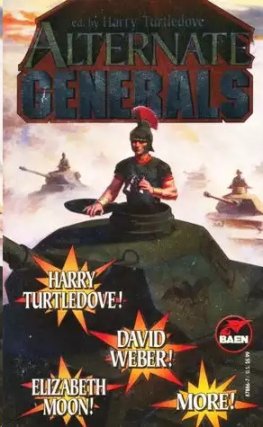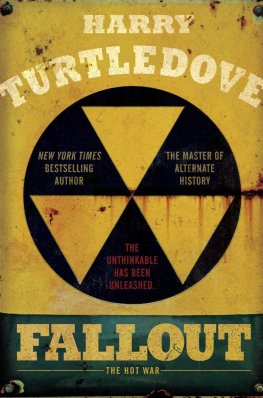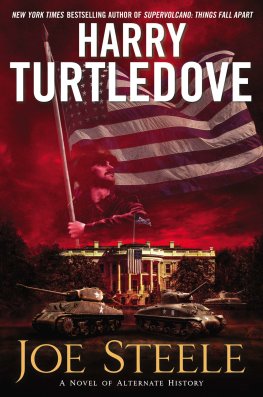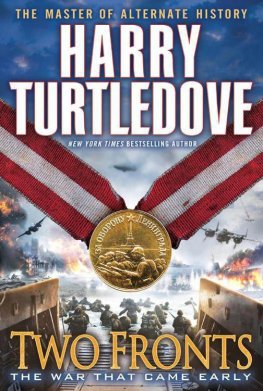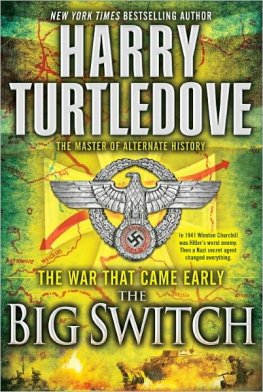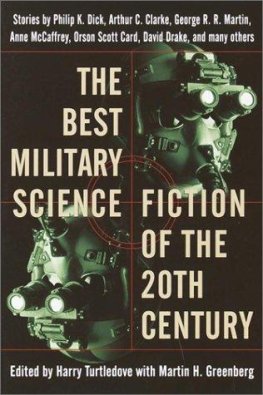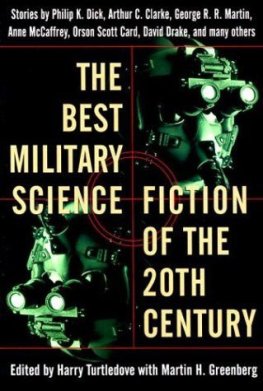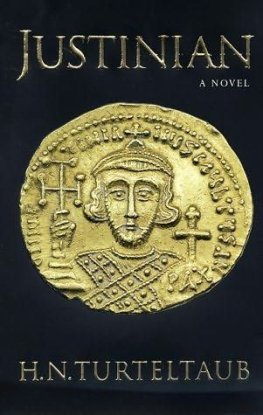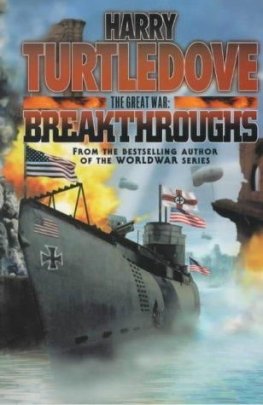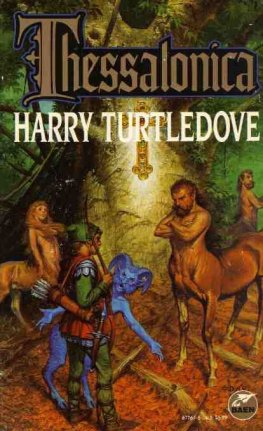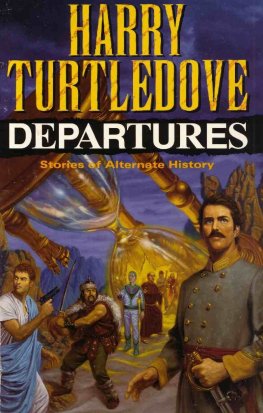Harry Turtledove - Best Military Science Fiction of the 20th Century
Here you can read online Harry Turtledove - Best Military Science Fiction of the 20th Century full text of the book (entire story) in english for free. Download pdf and epub, get meaning, cover and reviews about this ebook. year: 2006, publisher: Random House Publishing Group, genre: Art. Description of the work, (preface) as well as reviews are available. Best literature library LitArk.com created for fans of good reading and offers a wide selection of genres:
Romance novel
Science fiction
Adventure
Detective
Science
History
Home and family
Prose
Art
Politics
Computer
Non-fiction
Religion
Business
Children
Humor
Choose a favorite category and find really read worthwhile books. Enjoy immersion in the world of imagination, feel the emotions of the characters or learn something new for yourself, make an fascinating discovery.

- Book:Best Military Science Fiction of the 20th Century
- Author:
- Publisher:Random House Publishing Group
- Genre:
- Year:2006
- Rating:4 / 5
- Favourites:Add to favourites
- Your mark:
- 80
- 1
- 2
- 3
- 4
- 5
Best Military Science Fiction of the 20th Century : summary, description and annotation
We offer to read an annotation, description, summary or preface (depends on what the author of the book "Best Military Science Fiction of the 20th Century " wrote himself). If you haven't found the necessary information about the book — write in the comments, we will try to find it.
Harry Turtledove: author's other books
Who wrote Best Military Science Fiction of the 20th Century ? Find out the surname, the name of the author of the book and a list of all author's works by series.
Best Military Science Fiction of the 20th Century — read online for free the complete book (whole text) full work
Below is the text of the book, divided by pages. System saving the place of the last page read, allows you to conveniently read the book "Best Military Science Fiction of the 20th Century " online for free, without having to search again every time where you left off. Put a bookmark, and you can go to the page where you finished reading at any time.
Font size:
Interval:
Bookmark:
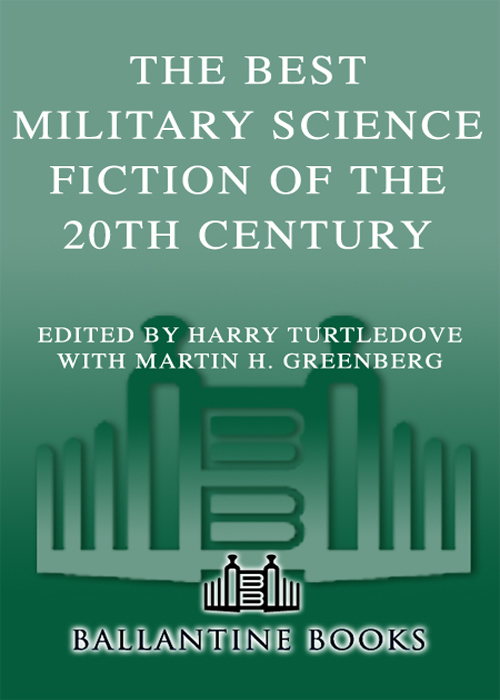
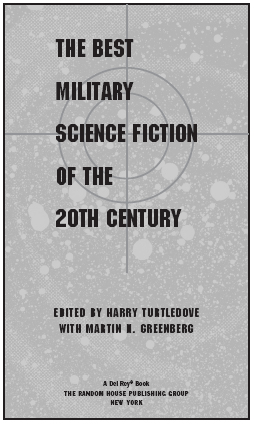


Harry Turtledove
Sing, goddess, of the accursed rage of Akhilleus
Son of Peleus, which gave pain to countless Akhaioi,
Sent the many sturdy souls of warriors to
Hades, and left their bodies as spoil for all the dogs
And birds of prey.
H OMER , I LIAD 1.15
It is well that war is so terrible, or we should grow too fond of it.
R OBERT E. L EE
HERE AT THE DAWN of the third millennium C.E. , we dont like to think about actually fighting wars. We hope weve outgrown them. For more than half a century, weve had the chance to wreck our civilization, and we havent taken it. This says something good about us as a species, maybe even something surprisingly good. Perhapsjust perhapswe arent really so stupid as we often give signs of being.
Mankind has always hated war. And yet, it has always fascinated us, too. As long as weve written, weve written about it. This is quite literally true. The Epic of Gilgamesh goes back to the earliest days of our literacy and is, among other things, the story of warfare. The Iliad, the foundation stone of all Greek literature, centers on the siege of Troy and the great struggle between Akhilleus and Hektor. The Aeneid, Beowulf, the Norse sagas, the Chanson de Rolandall stories of battle, of warriors. And were still writing fiction about war, in and out of science fiction, to this day.
Why?
For the two cents its worth, heres my answer. Fiction is about character under stress. What we do when the heat is on reveals far more about us than how we behave in ordinary times. What comes close to putting so much stress on the character, fictional or otherwise, as nearly getting killed? As Samuel Johnson said, When a man knows he is to be hanged in a fortnight, it concentrates his mind wonderfully.
Well, I admit there is one other stress that does the same thing: love. And, of course, what passes between man and woman (or, less often, between man and man or between woman and woman) is the other enduringly popular theme of fiction.
And to this mix science fiction adds a couple of other interesting riffs: gadgetry as interesting as the writer can come up with and, sometimes, alien beings also as interesting as the writer can likewise. The grand-daddy of stories of this type, H. G. Wellss The War of the Worlds, actually saw print in 1898, but since it set the stage for so much that came afterward, I dont see how I can possibly neglect mentioning it here.
Wells was far from the only author interested in the effects of the Industrial Revolution on warfare yet to come. In the late nineteenth and early twentieth centuries, there was, in fact, a small boom in what we would now call technothrillers, stories examining near-future wars with emphasis on the newfangled machines that would make it different from anything that had gone before: ancestors of Tom Clancy, one might say. A fair number of these tales are collected in a fascinating volume called The Tale of the Next Great War, 18711914, edited by I. F. Clarke. In 1907, in his story The Trenches, a British army officer, Capt. C. E. Vickers, foretold the invention of the tank. His colleague, Major (later Major General) Sir Ernest Swintonalso a writer of such talesmust surely have seen this piece; when World War I broke out, he was one of the people who helped devise the actual armored fighting vehicle. Here fiction may well have influenced later fact. Others of that period who worked in this subgenre include Sir Arthur Conan Doyle, Jack London, and A. A. Milne, who is better knownand deservedly sofor Winnie-the-Pooh than for tales such as his 1909 story The Secret of the Army Aeroplane.
Drawing a hard and fast line between technothrillers and science fiction proper has never been easy, and probably never will be. The one Id try to make is that technothrillers tend to be interested in gadgetry for its own sake, while science fiction examines not only the machinery but its influence on the society thats invented it. And if people are now lining up to tear me rhetorical limb from limb, well, so be it.
After the experience of World War I, far fewer people were interested in predicting what a second world war might be like. The short answerdreadfulseemed obvious to everyone: and, indeed, everyone was right. Instead, conflicts set in distant times and against strange aliens took pride of place for a while. John W. Campbell, later the tremendously influential editor of Astounding and its later incarnation, Analog, was one of the champions of this invent a weapon today, mass produce it tomorrow, and use it to beat the enemy the day after school of writing.
A writer who stuck closer to home, and one whose influence on the entire field of science fiction was also incalculably large, was Robert A. Heinlein. His novellas If This Goes On and Solution Unsatisfactory and his novel Sixth Column, all written before the American entry into World War II (Sixth Column springing in part from a Campbell idea), remain readableand in printtoday, while so much of the fiction of two generations ago has fallen by the wayside. Solution Unsatisfactory is an early and remarkably prescient attempt to define a problem that has plagued us ever since: How do you deal with the specter of atomic weaponry? The solutions we have worked out are as unsatisfactory as the one Heinlein proposedbut, as I said before, so far weve been both smarter and luckier than we might have been. As a graduate of the Naval Academy, Heinlein spoke with peculiar authority on matters military.
The brute fact of the atomic bomb hit popular consciousness hard after 1945. Nuclear war and its aftermath became a common theme in science fiction. Two early examples were Poul Andersons stories later collected in the paste-up novel Twilight World, and those of Henry Kuttner collected as Mutant. Anderson in particular would go on to have a long and amazingly successful career, frequently revisiting military themes in a variety of contexts: most often in his future history peopled by such swashbucklers as Nicholas van Rijn and Dominic Flandry.
Another writer who did likewise was H. Beam Piper, till his unfortunate and premature death in the mid 1960s. His series of paratime stories of alternate history, particularly his fine last work Lord Kalvan of Otherwhen, revolve around matters military. So does the elaborate future history he built up, including such novels as The Cosmic Computer and Space Viking, which combines themes from medieval European warfare and the rise of Hitler in a most striking way.
Heinlein, of course, did not disappear after the war, either. In his juvenile novels (what would now be known as YAs), such as Between Planets, Space Cadet, Citizen of the Galaxy, and Red Planet, military themes either dominate or play a strong subordinate role. And in Starship Troopers, he produced a novel of military fiction that remains intensely controversial more than forty years after its publication, was made into an extraordinarily bad movie, and spawned at least two fine novels of direct rebuttal, Gordon R. Dicksons
Font size:
Interval:
Bookmark:
Similar books «Best Military Science Fiction of the 20th Century »
Look at similar books to Best Military Science Fiction of the 20th Century . We have selected literature similar in name and meaning in the hope of providing readers with more options to find new, interesting, not yet read works.
Discussion, reviews of the book Best Military Science Fiction of the 20th Century and just readers' own opinions. Leave your comments, write what you think about the work, its meaning or the main characters. Specify what exactly you liked and what you didn't like, and why you think so.

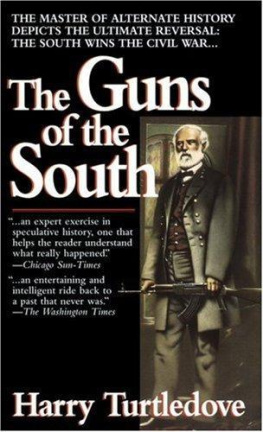
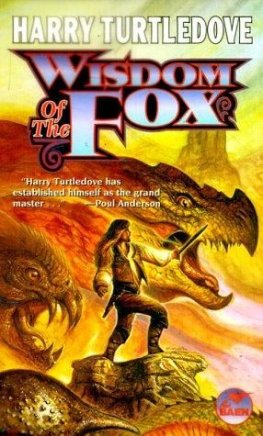
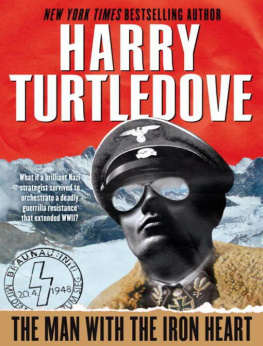
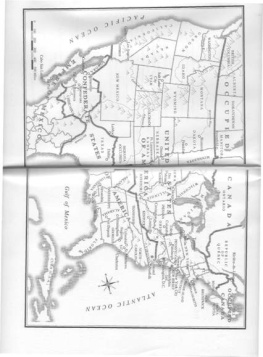
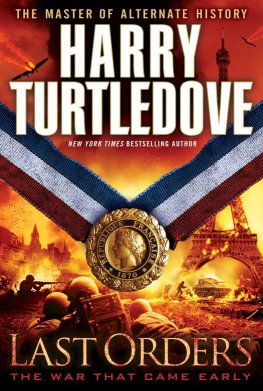
![Harry Turtledove - Worlds that werent : [novellas of alternate history]](/uploads/posts/book/79050/thumbs/harry-turtledove-worlds-that-weren-t-novellas.jpg)
